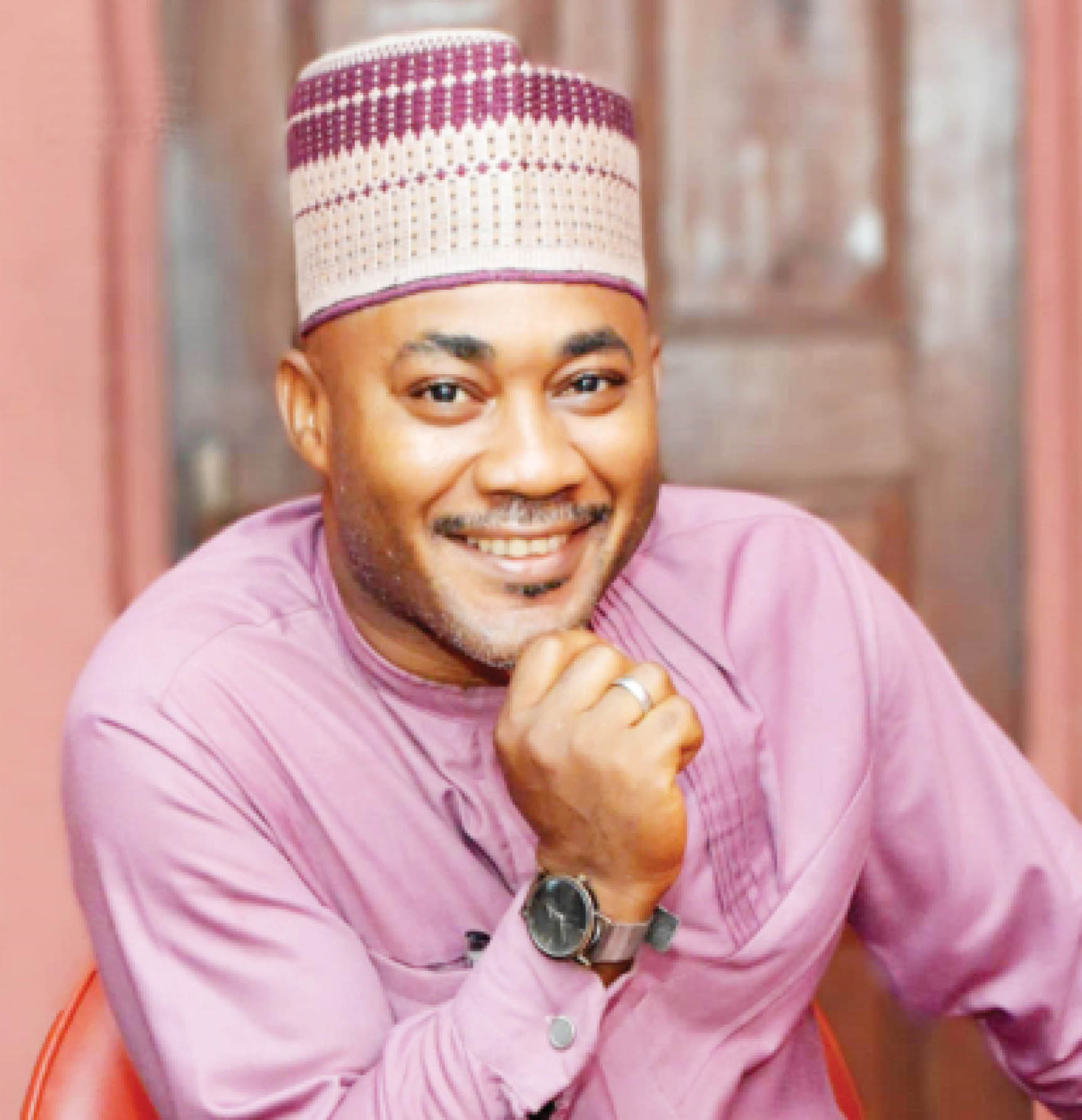Ijeh Onochie Paulsmile holds a Higher National Diploma (HND) in Mass Communication from the Osun State Polytechnic Iree. The Chief Executive Officer of Mindset Photography hails from Delta State. The Lagos State-based entrepreneur in this interview revealed how a N12,000 camera started his journey into photography.
Considering the courses you took in school, how did you end up in photography?
If you are familiar with Mass Communication curriculum, there is a course called photography. To me, it was fun. I loved it very much that I got an A and it boosted my GPA.
Nigeria’s Yusha’u heads Harvard’s Africa Policy Journal
When police constabularies protested in Kwara
What interests you about photography?
I started commercial photography during my National Youth Service Corps (NYSC) Programme in Jos. Before then, I took pictures for the fun of it but during the NYSC Programme, I realised I can be paid for it. I started by taking pictures of fellow corps members, printed and took it to them. They liked it and then I discovered that people would prefer to pay for the services you rendered to them than giving you money. So, I had to improve my techniques and knowledge of photography because people are paying for it so that you can give better value for the money they pay. The present Minister of Women Affairs was Plateau State’s Deputy Governor then and was one of my clients. I remembered that going to deliver that job gave me the opportunity of entering the Government House in 2009 before I left Plateau State. It is the ability to make profit rendering services that made it possible for me to practice photography.

At what point did you realize that it’s photography for you?
When I got back to Lagos after my youth service and I could not actually pick up a job in broadcasting. After some interviews, I realised I had to pick up my camera again. So, I started my journey back into photography and this time, it was from the church. My first job was less than N20,000, and my brother-in-law who was also into photography guided me through the job. People appreciated the job, I was encouraged and from there, my brand—was birthed.
How did your relatives take your decision to go into photography?
Nobody regarded the job. Some of my relatives wondered how I left my certificate for the camera, asking if I went to school to become a photographer. People want their children to become doctors, engineers but nobody says I want my child to be a photographer and photography actually preserves memory.
Now, the Queen of England is dead. I have a clip that shows some of her pictures from year one to the year she died. If there was no photography, how would this generation see what she looked like when she assumed the throne. Photography is time consuming. If God blesses your works, virtually every week you will be travelling. I love travelling but photography from passion became an occupation for me. So, every week I used to travel but along the line, insecurity restricted my movement to the South West.
I don’t think I regretted the action; it is better you are doing something profitable than looking up to people to help you. The beauty of mass communication is that if you are not in the news room or working as a journalist, with your camera, you can do whatever you want to do. Most people who are not mass communication graduates are now cameramen but a graduate still has a better understanding of the camera. I did not gate crash into photography; it is part of what I studied.
Photography is also a medium of communication as pictures don’t lie as they say. Even relatives and friends who see you and mock you as a photographer are using their phones to take pictures, doing the work of photographers. So, I have no regrets, I see it as fun.
How have you evolved in your line of work?
It was not long after I opened my studio that the COVID-19 pandemic surfaced. I thank God I was able to secure a studio. Studio is one of the most expensive aspects of photography because you have to get your gears intact. Studio materials, the backgrounds and the way you shoot indoor is different from outdoor. I have to train myself and acquire more skills. Photography is more digital now unlike when we used the dark room to develop films. The dark room training, lighting and editing are also crucial to photography. The most beautiful aspect of photography is not going to the laboratories to print pictures. So, from your photoshoot in the studio, your clients’ soft copies are ready because most people now use electronic copies. It is an everyday training for you to be a better photographer.
Apart from cameras, there are other things you should also get. So, I won’t say it was all that I learnt in school and stuck to that brought me this far. No, I had to keep retraining myself and getting used to the present-day digital camera because we were taught and trained using analogue cameras. Thank God that it is still helping out.
There is a saying that it is not always about the camera but the person handling it, what’s your take on this considering several Nigerians now carry a digital camera?
When I started commercial photography in Plateau State, the camera I was using cost N12,000 at Oshodi in 2008 and it earned more than N1m for me.
At that time, people had better cameras that could buy what I was using then but it is not about the big cameras, you have to be creative, and smart because one thing about preserving memory or telling a story is that, if you miss that aspect of whatever you want to capture, you may not get it again. The camera might be expensive but it is not always about buying a camera that costs millions of naira. Circumstances or events will determine the kind of camera you want to buy. When you look at football, the lenses are not cheap and you can’t use those for a photo shoot in a studio. So, whether you are getting an expensive camera or handling a cheap camera, it is about the outcome of your works, shots. You will see traces of journalism in the way I take my pictures. Most people will tell you they will use their phones but you can’t compare what I take with my camera with supplementary attachments that will enhance my shots.
How challenging is it to survive as a professional photographer in Nigeria?
It’s been more than a decade of being a photographer. You have to be bold, consistent. Just have the passion, the beginning is always funny. Your passion and consistency will make you standout. If you can afford a very expensive camera fine, but if not get the small one. Great things start from small beginnings, so, get what you can and let people see that passion.
Photography has gone beyond just the camera giving you the total result, you need a laptop computer to help you do your work well.

 Join Daily Trust WhatsApp Community For Quick Access To News and Happenings Around You.
Join Daily Trust WhatsApp Community For Quick Access To News and Happenings Around You.


